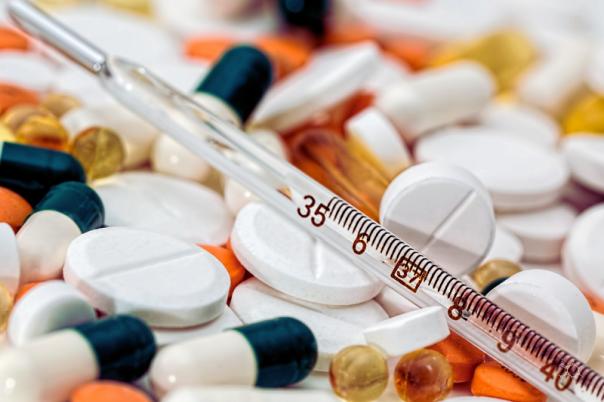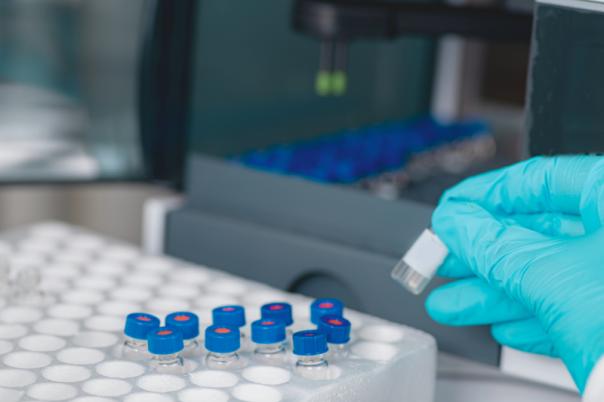Vitamin E TPGS is a derivative of vitamin E, specifically alpha tocopherol, esterified with succinate and polyethylene glycol 1000. It is a waxy solid with a very low melting temperature and a hydrophilic and lipophilic balance. Andreas M. Papas, Chief Executive Officer at Antares Health Products & Adjunct Professor of the College of Medicine, East Tennessee State University, gave an overview of the various pharmaceutical and nutritional applications of TPGS.
Initially, the product was developed to counter malabsorption of vitamin E in cholestatic children. It has a neutral taste and no odour, which makes it suitable for infant formulas. On the pharmaceutical side, TPGS has been used to enhance the absorption of other fat-soluble compounds and poorly soluble pharmaceuticals. TPGS’s formation of micelle-like particles has also been a widespread topic of discussion across the industry.
The factor that differentiates TPGS from other solubilisers is its unique ability to inhibit P-glycoprotein, a key player in drug efflux mechanisms and the progression of multiple drug resistance. This key feature, along with its ability to form micelle-like particles, makes TPGS highly effective at enhancing the bioavailability of drugs because it prevents drugs from being pumped out of the cell before they can reach their targets.
Papas discussed in further detail the implications of TPGS’s simultaneous inhibition of P-glycoprotein and efflux mechanism on multidrug resistance. Preventing multiple drug resistance is essential because it allows for lower dosage, which could reduce the adverse side effects associated with high drug doses, particularly in cancer treatment.
Cancer cells overexpress P-glycoprotein efflux response in response to chemotherapy. Anti-cancer drugs are exported by the efflux mechanism, resulting in drug metabolism. TPGS inhibits the P-glycoprotein efflux, therefore reversing the effects of multi-drug resistance and increasing the therapeutic activity of anti-cancer drugs.
Although all vitamins and nutrients can be toxic at extremely high levels, Vitamin E TPGS’s solid safety profile is an attractive characteristic. TPGS has a self-affirmed GRAS status in the United States and approval for special medical uses in Europe.
TPGS is used extensively in dietary supplements for children with malabsorption issues. TPGS is mainly used in oral and topical products, but there is growing interest in using TBGS in various routes of administration, including injectable, transdermal, nasal, and inhalation. Papas mentioned that TPGS's potential synergistic effect with drugs, particularly in oncology, is also being explored.




